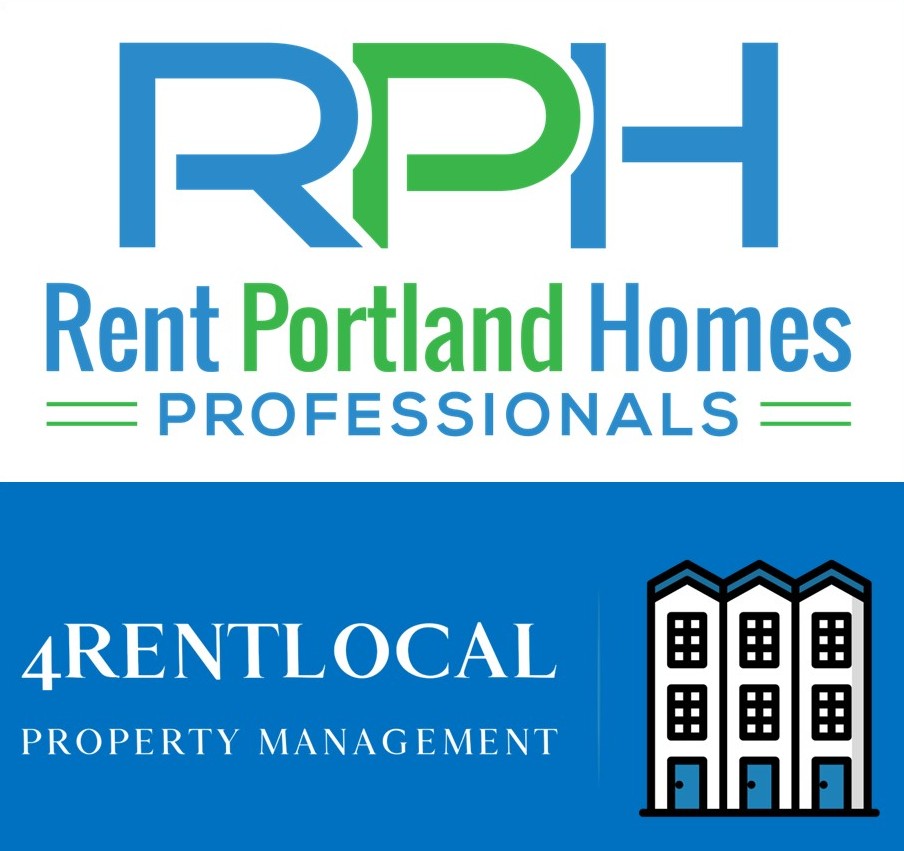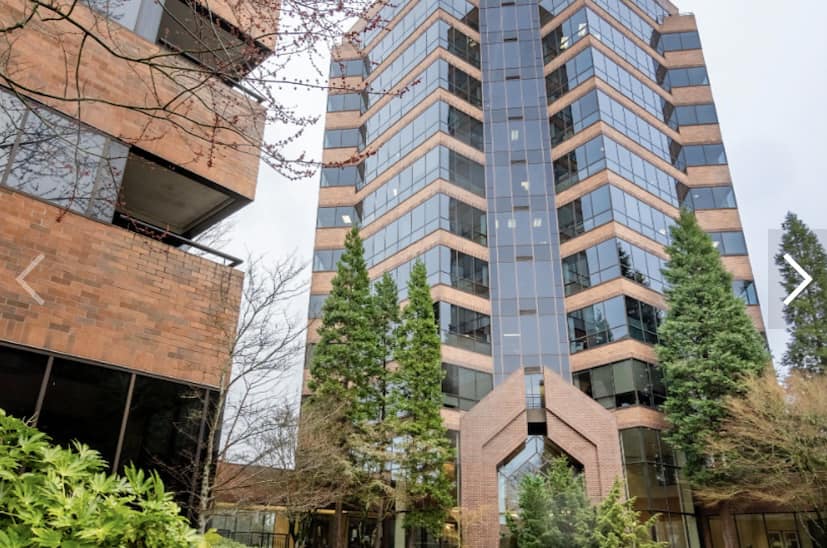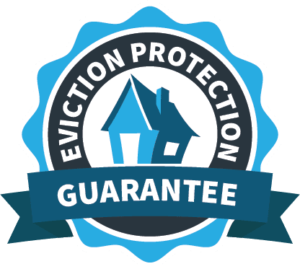The Benefits of Owning Rental Property in the Post-COVID Era: Why Real Estate Remains a Solid Investment for Your Future
Despite the challenges posed by COVID-19, real estate remains a solid and lucrative investment for your future. In this article, I will discuss the advantages of owning rental property, offer tips for investing in rental property, and explore the trends in rental property investment post-COVID.
If you’re still on the fence about investing in Portland Rental Property, this article will share with you more information about investing in rentals in 2023 and beyond.
Introduction to Rental Property Investment
Investing in rental property is a popular way to build wealth and generate passive income. Rental property refers to real estate that is purchased to rent it out to tenants for a profit. This type of investment can take many forms, including single-family homes, multi-unit apartment buildings, and commercial properties.
One of the biggest advantages of owning rental property is the ability to generate passive income. When you own rental property, you collect rent from your tenants each month, which can provide a steady stream of income. In addition, rental property can appreciate over time, allowing you to make a profit when you sell.
Advantages of Owning Portland Rental Property
There are numerous advantages to owning rental property, including:
Steady Cash Flow
When you own rental property, you can generate a steady stream of income in the form of rent payments. This can provide financial stability and help you build wealth over time.
Appreciation
Real estate has historically appreciated over time, which means that your investment can increase in value as the property becomes more desirable and the local real estate market improves.
Tax Benefits
Owning rental property comes with several tax benefits, including the ability to deduct expenses such as property taxes, insurance, and repairs from your rental income. You may also be able to deduct depreciation on the property over time.
Control
When you own rental property, you have control over the Oregon property and the tenants who live there. This can give you a sense of security and control over your investment.
Rental Property Investment Statistics
The statistics show that rental property is a solid investment choice. According to a recent study by the National Association of Realtors, the median investment property sales price in 2020 was $470,000, and the median annual gross rental income was $39,000. In addition, 30% of all investment property owners reported that they purchased their property for rental income.
In another study by Roofstock, a leading online marketplace for rental properties, single-family rental homes had an average annual return of 8.7% between 2012 and 2017. This is higher than the average annual return of 6.7% for the S&P 500 index during the same period.
Tips for Investing in Rental Property
If you’re interested in investing in rental property, there are several tips you should keep in mind:
Research the Local Real Estate Market
Before investing in Portland rental property, it’s important to research the local real estate market. Look for areas with a high demand for rental properties and low vacancy rates.
Crunch the Numbers
Make sure to carefully calculate the potential costs and returns of your investment. Consider expenses such as property taxes, insurance, repairs, and property management fees, as well as potential rental income.
Consider Property Management
If you don’t want to manage the property yourself, consider hiring a property manager. They can handle tasks such as finding and screening tenants, collecting rent, and handling repairs.
How to Finance a Rental Property Investment
Financing a rental property investment can be challenging, but there are several options available:
Traditional Mortgages
You can finance a rental property investment with a traditional mortgage, just like you would with a primary residence. However, you may need to put down a larger down payment and meet stricter eligibility requirements.
Hard Money Loans
Hard money loans are short-term loans that are often used by real estate investors. They have higher interest rates and shorter repayment terms, but they can be a good option for investors who need quick access to cash.
Cash
If you have the funds available, paying cash for a rental property can be a good option. This can give you more control over the property and allow you to avoid interest payments and other fees.
Property Management for Rental Properties
Property management is an important aspect of owning rental property. It involves managing the day-to-day operations of the property, including finding and screening tenants, handling repairs and maintenance, and collecting rent.
Benefits of Hiring a Property Manager
There are several benefits to hiring a property manager for your rental property investment:
Time Savings
Hiring a property manager can save you time and allow you to focus on other aspects of your life and business.
Tenant Screening
Property managers can help you find and screen tenants, which can help ensure that you find high-quality tenants who pay rent on time and take care of the property.
Maintenance and Repairs
Property managers can handle maintenance and repairs for your property, which can save you time and ensure that the property is well-maintained.
Trends in Rental Property Investment Post-COVID
The COVID-19 pandemic has had a significant impact on the rental property market. However, there are still opportunities for investors:
Remote Work
The rise of remote work has made it possible for people to move to areas with lower costs of living and better quality of life. This has led to increased demand for rental properties in these areas.
Short-Term Rentals
Short-term rentals, such as Airbnb properties, have become more popular as people look for alternative travel options during the pandemic.
Tenant Screening
Tenant screening has become more important than ever as landlords look to ensure that their tenants can afford to pay rent and won’t default.
Risks and Challenges of Owning Rental Property
While there are many advantages to owning rental property, there are also risks and challenges to consider:
Vacancies
Vacancies can be costly for landlords, as they mean that there is no rental income coming in. It’s important to have a plan in place for filling vacancies quickly.
Repairs and Maintenance
Repairs and maintenance can be costly for landlords, and it’s important to have a plan in place for handling these expenses.
Tenant Issues
Tenant issues, such as non-payment of rent or damage to the property, can be stressful and time-consuming for landlords.
Conclusion – Why Rental Property is Still a Solid Investment for the Future
Despite the challenges posed by COVID-19, rental property remains a solid investment for the future. The advantages of owning rental property, including steady cash flow, appreciation, tax benefits, and control, make it an attractive investment option. If you’re interested in investing in rental property, make sure to research the local real estate market, crunch the numbers, and consider hiring a property manager. With careful planning and management, rental property can provide a reliable source of passive income and long-term financial security.
Contact Us
To learn more about the property management services we can offer you, for your Portland Rental Property, contact us today by calling (503) 447-7788 or click here to connect with us online.






































